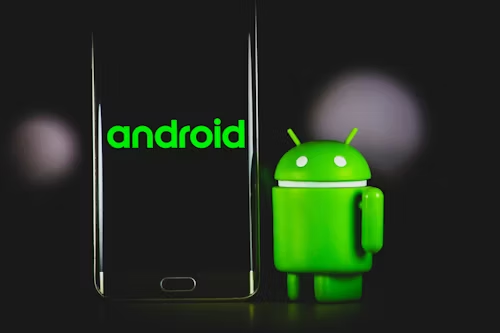If you lose your iPhone or buy an upgrade, you can expect your iPhone to be back up and running within an hour, as long as you’ve backed up your previous model. Of course, all your Apple stuff will carry over, but most of your third-party apps will still stay logged in. Making the same switch on an Android device is like starting from scratch three-quarters of the way through. After you’ve had an Android phone or two, you’ll learn how to carve out an extra hour to quickly log into all your apps. Password managers, or simply using your Google account as authentication, are a godsend.
This may change relatively soon, as Google has announced a new feature worthy of its name: Restore Credentials. Android apps can “seamlessly integrate users into their accounts on their new devices” using a recovery key managed by Android’s native backup and restore process. Google says the experience is “delightful” and seamless. You’ll get the same notifications on your new device that you received on your old device.
Google’s two-part flowchart for setting up a recovery key that is automatically restored to a new device. Google
In their flowchart showing logging into a device, backing up to the cloud, and restoring the key when setting up a new device, Google states that “no user interaction is required.” There is of course also the direct device-to-device option to manually transfer app recovery keys.
As explained in the documentation, if Android developers want to enable a seamless phone-to-phone experience, they must implement a “BackupAgent.” Without user interaction, the app should retrieve the existing recovery key the first time it launches on a new phone.
Apple’s iOS devices have had seamless credential transfer for so long that it’s hard to pinpoint exactly when it first became available. Reducing the hassle of setting up a new phone with a Google-intimate relationship, rather than making a request to a Cupertino-based replacement, is a huge win for Android. It’s also a quiet blessing for anyone who has completely reset their phone, either of their own volition or out of frustration.


